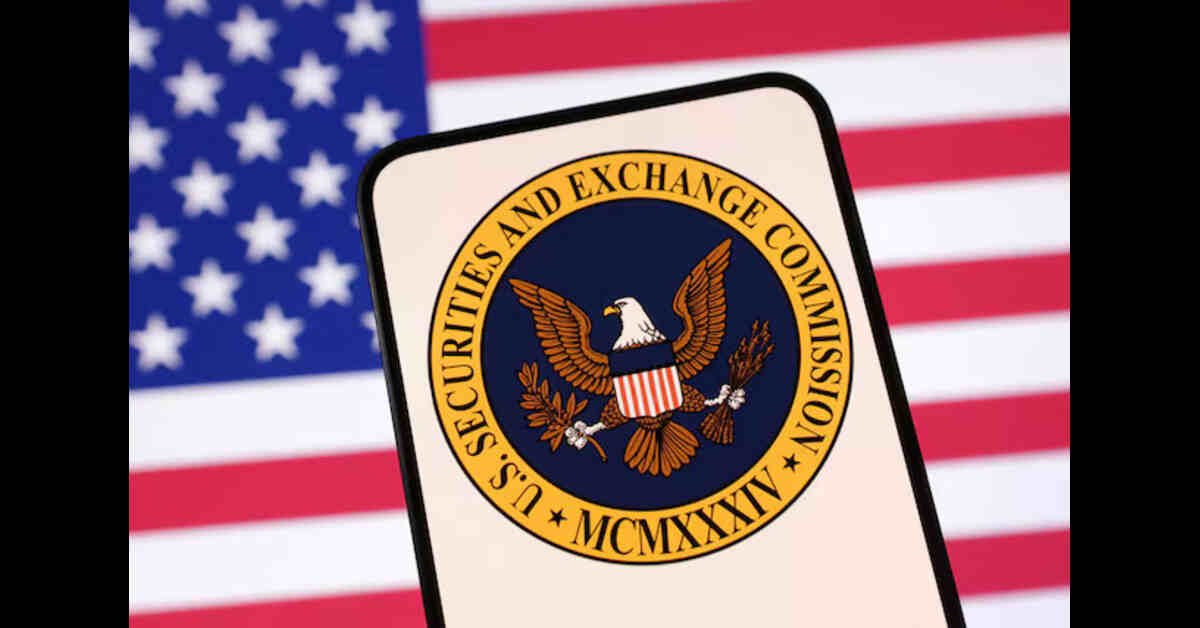In a significant development for the crypto industry, the U.S. Securities and Exchange Commission (SEC) has issued long-awaited guidance on crypto exchange-traded funds (ETFs)—marking a pivotal moment in how digital assets are regulated and potentially legitimized in traditional financial markets.
On July 7, 2025, Reuters reported that the SEC’s new guidance is being viewed by industry experts as the first major step toward a formal rulemaking process for crypto ETFs, a financial instrument that has been in regulatory limbo for years. This move could eventually allow a broader class of investors to gain exposure to cryptocurrencies like Bitcoin and Ethereum without directly owning them.
What Does the SEC’s Guidance Include?
While not final rules, the SEC’s latest guidance outlines expectations for disclosure, risk management, and custody procedures for firms looking to launch crypto ETFs. This includes:
- Demonstrating how the ETF will store and safeguard crypto assets
- Ensuring fair and transparent pricing mechanisms
- Mitigating risks tied to market volatility and manipulation
The guidance provides a regulatory framework that companies can follow when applying to launch a crypto ETF, potentially paving the way for approvals in the near future.
Pros of SEC Crypto ETF Guidance
✅ Legitimacy and Investor Protection: By setting clear expectations, the SEC aims to protect retail and institutional investors from fraud and volatility.
✅ Institutional Access: The move could unlock billions in institutional investment, as large firms often hesitate to engage with unregulated crypto products.
✅ Market Stability: With oversight, ETFs can help stabilize crypto markets by reducing speculation and improving transparency.
Cons of the Guidance (and Concerns)
❌ Not Yet Legally Binding: Since this is just guidance and not formal regulation, ETF approvals are still subject to delays and interpretation.
❌ Compliance Complexity: Smaller firms may struggle to meet the SEC’s stringent requirements, potentially reducing innovation.
❌ Limited Asset Inclusion: So far, the focus seems to be on major assets like Bitcoin and Ethereum, leaving out smaller or emerging cryptocurrencies.
What This Means for the Crypto Industry
For crypto advocates and ETF issuers alike, the SEC’s move signals a more mature era of cryptocurrency investment in the United States. After years of speculation, the possibility of trading regulated crypto ETFs on traditional stock exchanges is no longer a pipe dream.
However, this also means the crypto world will face tighter scrutiny and higher compliance standards—a double-edged sword for an industry built on decentralization.
Conclusion
The SEC’s initial guidance on crypto ETFs could serve as a blueprint for long-term regulation, bridging the gap between the decentralized crypto world and traditional finance. As regulatory clarity increases, we may soon witness a wave of crypto ETFs entering the market—redefining how Americans invest in digital assets.






